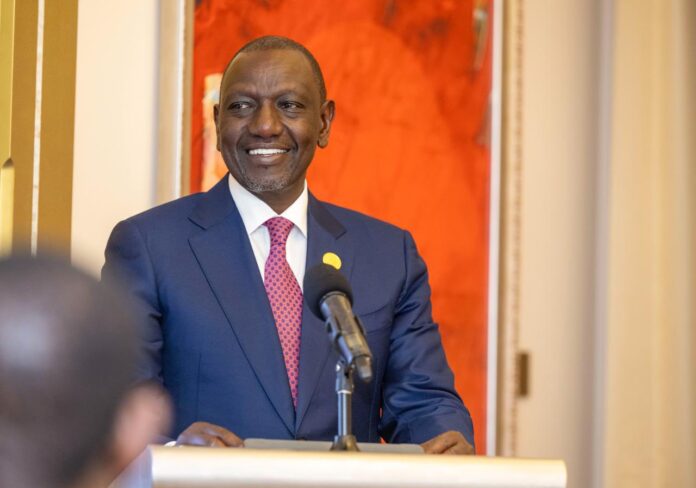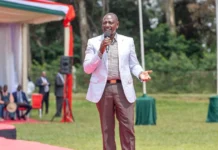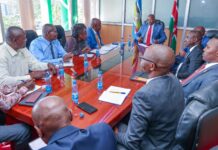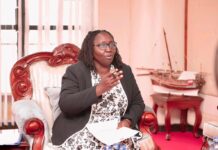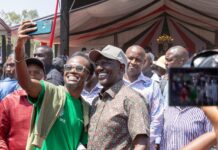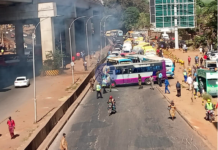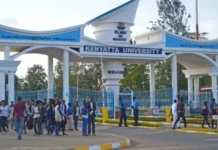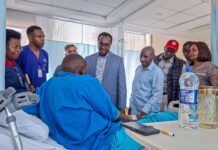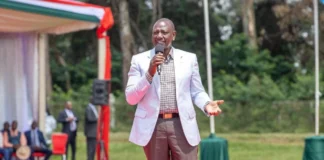President William Ruto held a telephone conversation with German Chancellor Friedrich Merz to discuss regional peace, trade, and bilateral cooperation. The leaders reviewed the longstanding ties between Kenya and Germany and agreed to deepen their partnership.
Ruto thanked the German government for supporting Kenya’s energy sector with a €45 million (Ksh6.6 billion) facility to expand electricity generation. The two leaders also discussed the bilateral labour agreement, which allows more Kenyans to work in Germany.
The discussion, posted by Ruto on his X account on Thursday, November 6, 2025, highlighted growing trade and investment links between Africa and Europe and agreed that the upcoming EU-Africa Summit in Luanda, Angola, would provide an opportunity to strengthen these connections further.
Peace and security in the region formed a central part of their discussion. Ruto and Merz stressed the urgency of resolving conflicts in Somalia, Sudan, and eastern Democratic Republic of Congo (DRC) and discussed Germany’s potential role in supporting mediation and stability efforts.
“On peace and security in our region, especially in Somalia, Sudan and Eastern DRC, we emphasised the urgency of ending the conflicts and the role Germany can play in this endeavour,” Ruto said.
Ruto has maintained an active role in regional peace initiatives. In August 2025, he co-chaired a virtual summit of East and Southern African leaders to accelerate peace efforts in eastern DRC. The meeting brought together leaders from DRC, Rwanda, Zambia, Tanzania, Uganda, Burundi, Angola, Madagascar, Malawi, South Sudan, and Somalia.
The summit endorsed a framework merging the Nairobi and Luanda peace processes, created a joint secretariat to oversee mediation, and called for immediate mobilisation of resources to protect civilians and support humanitarian needs.
Ruto’s engagement in Sudan comes as the country faces escalating violence. On November 5, the United Nations reported that at least 40 civilians were killed in an attack on a funeral in El-Obeid, North Kordofan.
The attack reflects a two-year war between Sudan’s army and the paramilitary Rapid Support Forces (RSF), which recently captured El-Fasher, Darfur’s last army stronghold. The RSF now controls all five state capitals in Darfur, while the army holds the north, east, and central regions along the Nile and Red Sea.
Both sides in Sudan’s conflict have been accused of atrocities. Doctors Without Borders reported that more than 300 survivors of sexual violence sought care after RSF attacks on displacement camps.
Civilians recount gang rapes, abductions, and killings. The International Criminal Court and the UN have called for the protection of civilians and warned that these acts may constitute war crimes.
International efforts to mediate the conflict continue. The United States, Egypt, Saudi Arabia, and the UAE have proposed a ceasefire, but Sudan’s army rejected an earlier plan that excluded both sides from transitional governance. UN Secretary-General António Guterres urged both parties to negotiate immediately, describing the violence as a “nightmare.”
Ruto has also pushed for Africa’s permanent representation on the United Nations Security Council. During the UN General Assembly in New York in September 2025, he described the continent’s exclusion as unacceptable and indefensible and called for African unity in advocating for fair representation. He said strong representation would enable Africa to play a greater role in peace and security across the continent.









